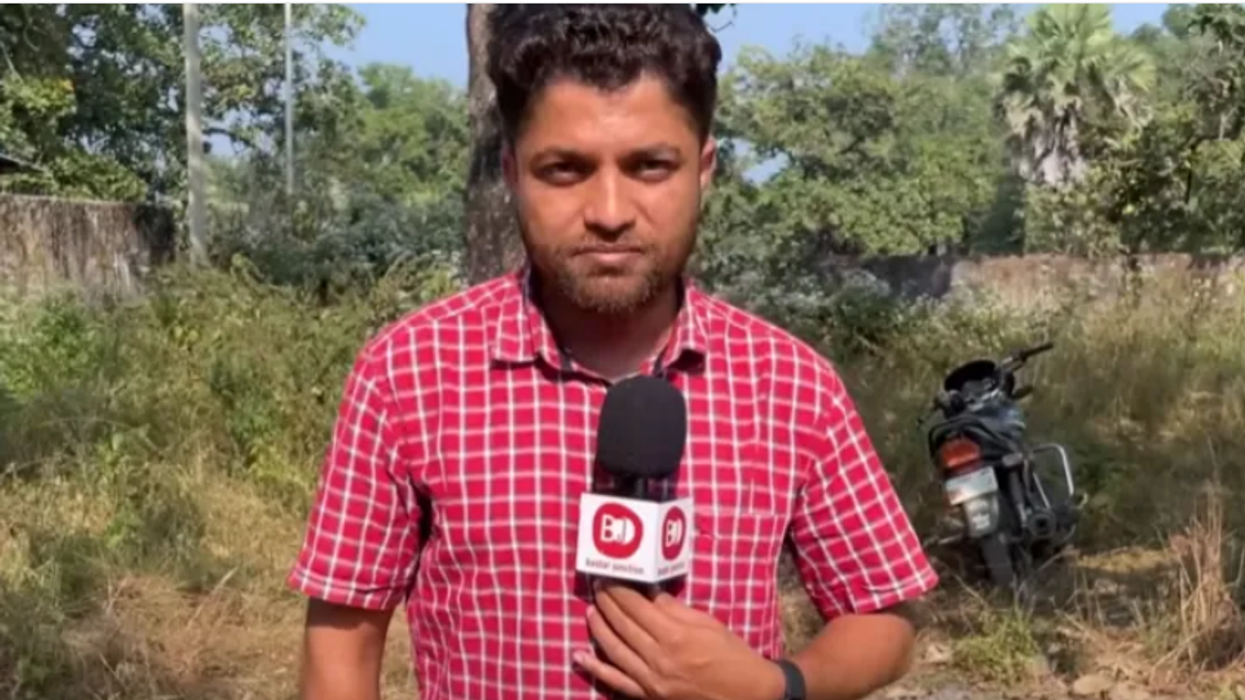INDIA's media watchdog has demanded a thorough investigation after a journalist's battered body was found stuffed in a septic tank covered with concrete.
Freelance journalist Mukesh Chandrakar, 28, had reported widely on corruption and a decades-old Maoist insurgency in India's central Chhattisgarh state, and ran a popular YouTube channel "Bastar Junction".
The Press Council of India expressed "concern" over the suspected murder of Chandrakar, calling for a report on the "facts of the case" in a statement last week.
Chandrakar's body was found on January 3 after police tracked his mobile phone records following his family reporting him missing.
Three people have been arrested.
More than 10,000 people have died in the decades-long insurgency waged by Naxalite rebels, who say they are fighting for the rights of marginalised indigenous people in India's resource-rich central regions.
Vishnu Deo Sai, chief minister of Chhattisgarh from the ruling Bharatiya Janata Party (BJP), called Chandrakar's death "heartbreaking" and promised the "harshest punishment" for those found responsible.
India was ranked 159 last year on the World Press Freedom Index, run by Reporters Without Borders.
(AFP)

